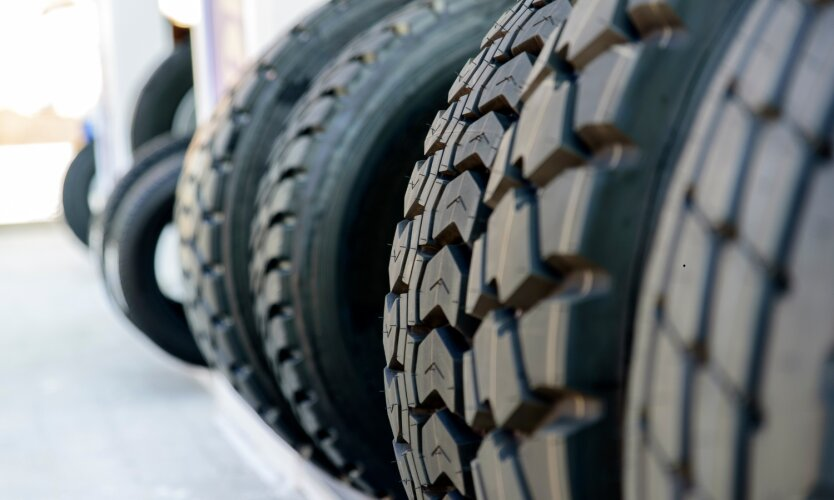Dangerous temperatures: drivers reminded of the importance of seasonal car 're-shoeing'.


With the onset of autumn colds in Ukraine, drivers begin to actively prepare for the winter season. The issue of replacing summer tires with winter ones, which is important for road safety, is of particular significance.
According to automotive industry experts, the main difference between summer and winter tires lies in the composition of materials and design features. Winter tires are made of softer rubber, which retains elasticity even at subzero temperatures, and have a special tread for better grip on slippery surfaces.
"Using summer tires in the cold season can lead to loss of vehicle control and increase braking distance," experts warn.
It is worth noting that Ukrainian legislation does not specify clear deadlines for seasonal tire changes. However, experts recommend changing when the average daily temperature consistently stays below 10 degrees Celsius, which usually occurs in late October - early November.
Drivers are also reminded of the need to control the tread condition. According to technical requirements, the minimum allowable tread depth is:
- 1.6 mm for passenger cars
- 1 mm for heavy vehicles
- 0.8 mm for motorcycles
Violation of these requirements entails administrative liability: a fine ranging from 20 to 40 non-taxable minimum incomes, and in case of repeated violation - deprivation of rights for up to six months or administrative arrest for 10 days.
Read also
- Reuters: The USA and Iran Conducted Direct Negotiations for the First Time Amid Escalation with Israel
- It will be necessary to insulate: Ukraine will be hit by a cold atmospheric front with wind and rain
- Zelensky announced three directions of the new sanctions policy against Russia
- Vegetable prices please Ukrainians: cucumbers and tomatoes have significantly decreased in price
- The number of blocked tax invoices has decreased by half - State Tax Service
- Reuters: Gulf countries prepare for chaos in the event of the Iranian regime's collapse










